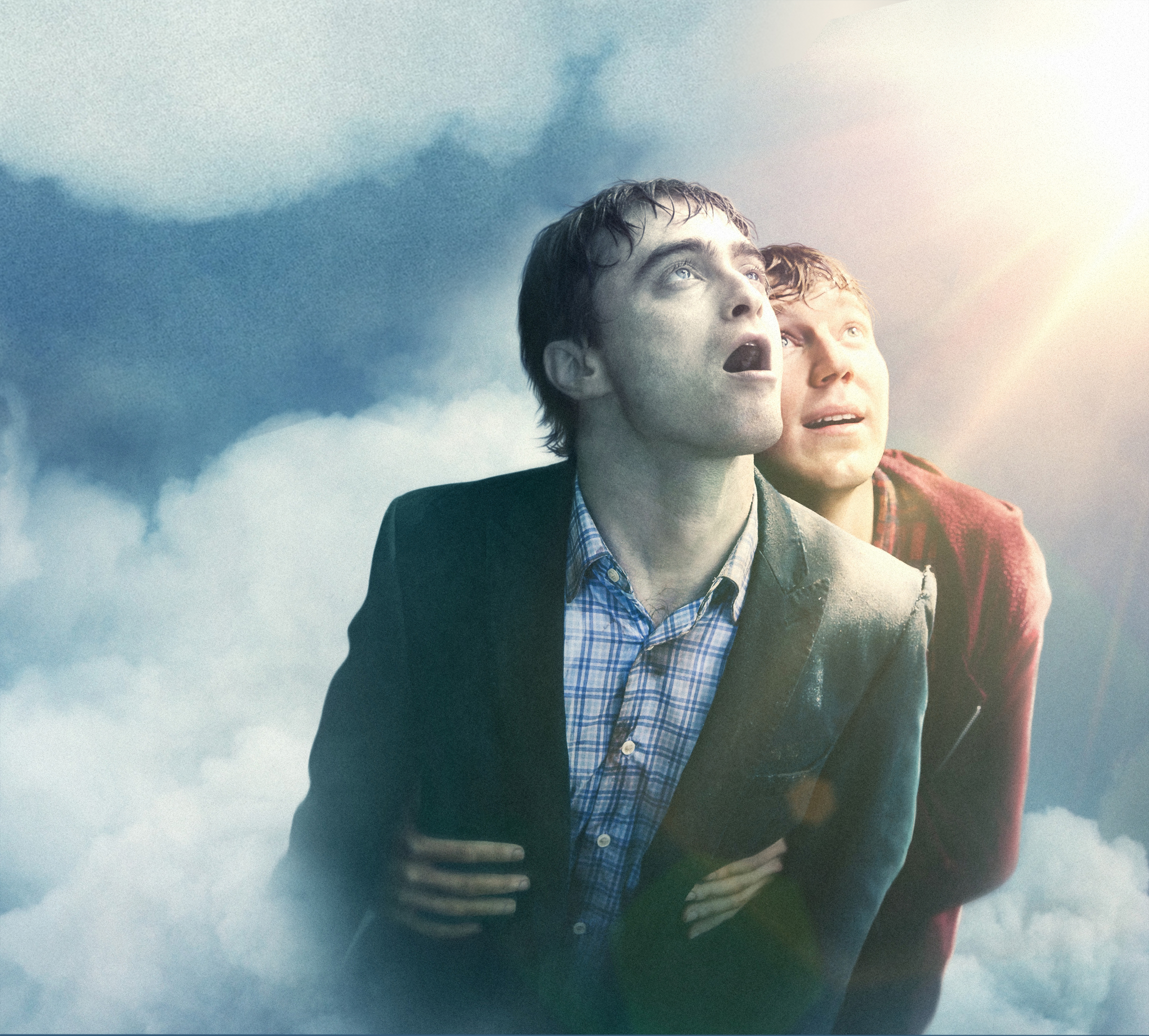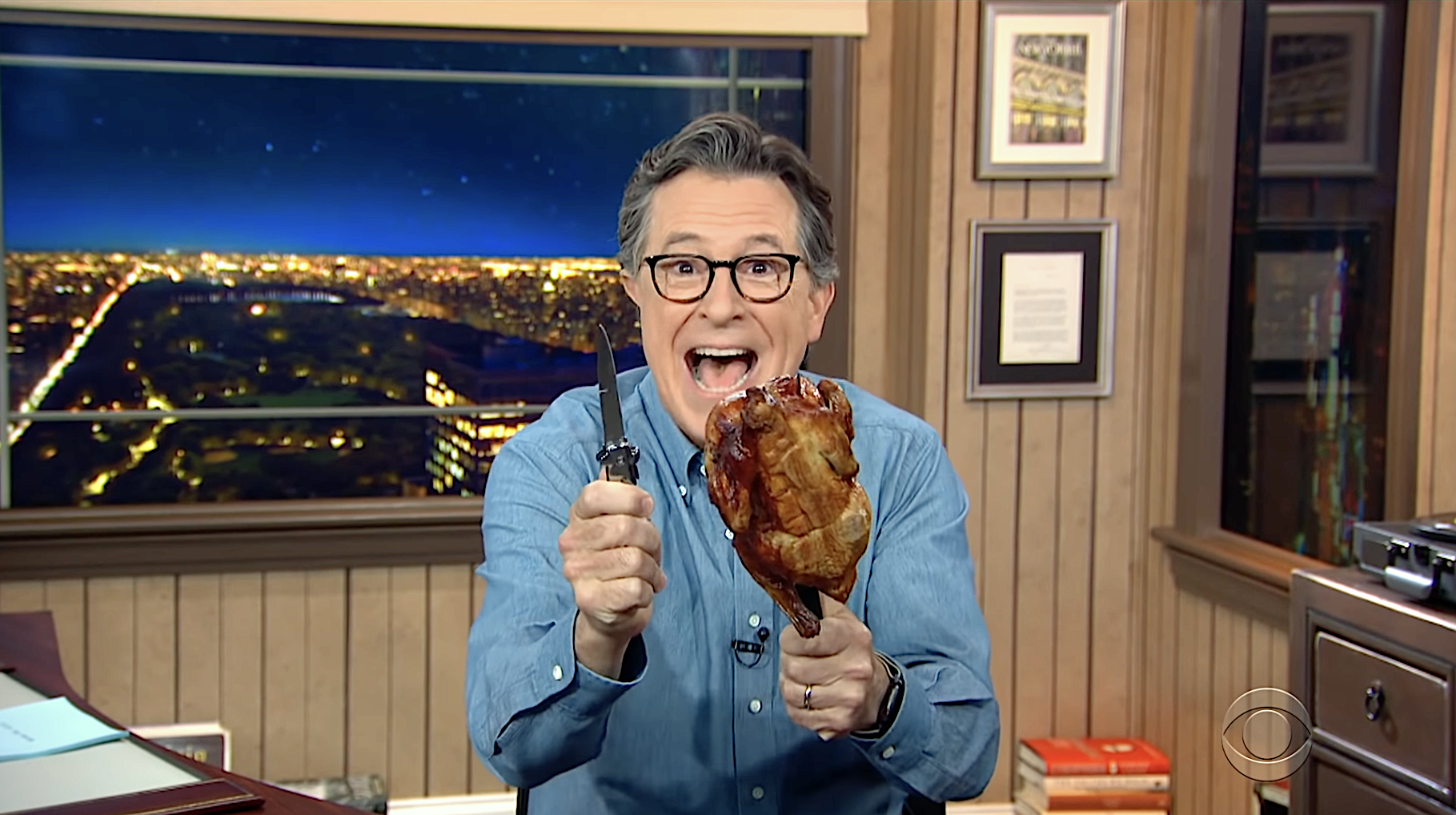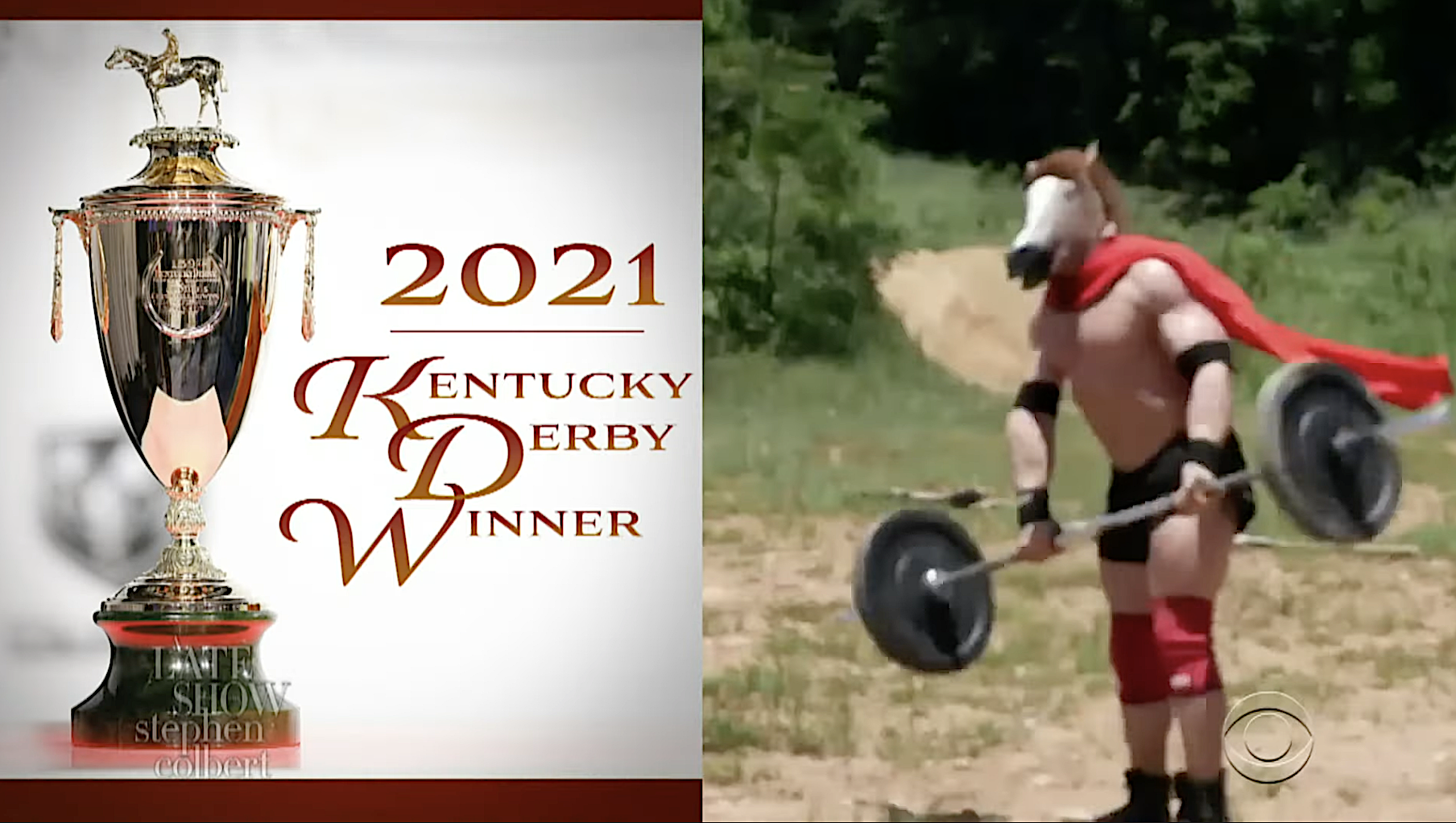A cinematic history of farting
Swiss Army Man, the 'farting corpse movie,' has filled us with thoughts on farts


A free daily email with the biggest news stories of the day – and the best features from TheWeek.com
You are now subscribed
Your newsletter sign-up was successful
Everybody farts.
And let's just be honest, even at the risk of being untoward: There's something undeniably rapturous about releasing all that gas percolating inside you, an almost ontological beauty in doing something that is, at once, a ubiquitous bodily function, yet derided as rude or repulsive.
Sadly, popular culture has not done a great job depicting one of our most common quotidian activities. That stinks.
The Week
Escape your echo chamber. Get the facts behind the news, plus analysis from multiple perspectives.

Sign up for The Week's Free Newsletters
From our morning news briefing to a weekly Good News Newsletter, get the best of The Week delivered directly to your inbox.
From our morning news briefing to a weekly Good News Newsletter, get the best of The Week delivered directly to your inbox.
Thank goodness Swiss Army Man has set out to correct this nefarious injustice. The film, directed by Daniel Scheinert and Daniel Kwan, was one of the most talked-about at this year's Sundance Film Festival, with headlines calling it "the farting corpse movie," an accurate description. It concerns a castaway (Paul Dano, very beardy) who discovers a water-logged cadaver, played with commitment by Daniel Radcliffe, and becomes friends with him/it. The corpse, as corpses tend to be, is very gassy, and has an admirable hard-on, but also slowly begins to come back to life through the power of friendship, which is uncharacteristic of corpses.
The movie does a strangely wonderful job of showing how flatulence is so often a bonding agent in friendships, though instead of texting his friend about his latest noxious emissions, Dano literally uses Radcliffe's farts to save both of their lives. The word "unique" gets thrown around pretty frequently, and erroneously, but I defy you to name another movie that features Paul Dano riding Daniel Radcliffe like a jet ski propelled by herculean farts. If Yorgos Lanthimos' cryptically beautifully The Lobster is a great date movie about the Sisyphean absurdities of modern dating, Swiss Army Man is a great friendship movie about farting.
The fart joke isn't exactly a new comedic innovation. Ben Franklin, who is on the $100 bill, once proposed, probably in jest, that we convert farts into energy. There's a story about farts in Arabian Nights, and Aristophanes put fart jokes in 5th century BC plays The Clouds (lol) and The Knights. Theologian Martin Luther's 1545 Depictions of the Papacy used farting as a metaphor for fire and brimstone and papal corruption, and both Chaucer and Shakespeare were fond of flatulence. From the very erudite Othello:
Clown: Are these, I pray you, wind instruments?First Musician: Ay marry are they, sir.Clown: O, thereby hangs a tail.First Musician: Whereby hangs a tail, sir?Clown: Marry, sir, by many a wind instrument that I know. [Othello]
Ozu, master of the pillow shot, was also the first cinematic master of the fart. In Good Morning, Ozu eschews his usual stoicism (but not his keen eye for framing) to craft a comedy of primary colors and banal banter. The pair of young Japanese boys at the heart of the film idolize one of their fathers for his immaculate ability to pass gas; when one boy tries to emulate him, eating pumice rock shavings to power his bowels, he passes more than just gas and is ridiculed. Ozu turns the soiled scene into a moment of adolescent bonding, of boys trying to grow up too fast and of men trying to stay children.
A free daily email with the biggest news stories of the day – and the best features from TheWeek.com
But Mel Brooks' Blazing Saddles set the standard for on-screen flatulence. Brooks' fart jokes offer no profound insights into the proverbial human condition, or the injustices of the Wild West, or anything that would make for a good scholarly article; it's just funny. Farts are funny. There isn't even a joke here, no set-up or punchline, just farts — farts and laughter. That, in itself, might be a profound observation. It's good to laugh. As Philip Roth says in The Great American Novel, "Kids love farts, don't they?" (See also: Step Brothers, in which our tuxedo-clad idiot heroes unleash an odious cloud of onion-tinged gas during a job interview.)
Louis C.K. arguably one-upped Brooks by making the best fart-as-punchline joke on modern TV. In the season two premiere of Louie, a pregnant woman in the thralls of obvious agony, hands clutching her stomach, Louie fearing the worst, is rushed to the hospital. This being a show on which a crazy homeless man once had his head crushed by a garbage truck, which Louie thought was good first-date banter, a woman having a miscarriage for a joke wouldn't be unfathomable. There's a five-minute wait of swelling and emotional bloating as we imagine the worst. When they get her to the hospital, she rips a monster fart, a look of relief washing over her face. It's really funny.
Farts aren't just found in comedies, though. In Paul Thomas Anderson's enigmatic 2012 masterpiece The Master, which is only sparsely funny, Lancaster Dodd (Philip Seymour Hoffman), the founder of a Scientology-like religion, takes a liking to Freddie Quell (Joaquin Phoenix), a PTSD-stricken WWII veteran. For their first round of "processing," an intense interview that Anderson shoots with high-contrast lighting so the actors' faces gleam against the darkness, Dodd asks increasingly incisive questions about Quell's problems (which include, but are not limited to, stealing, killing, and incest). During a moment of intense quietude, as the camera lingers on Quell's clenched-fist face, he farts, loudly, and breaks out in frightening laughter. Dodd laughs, too, calling him a silly animal, but admitting, "It's good to laugh during process. Sometimes we forget."
In this moment, a great bromance is born. Farts contain multitudes.
Greg Cwik is a writer and editor. His work appears at Vulture, Playboy, Entertainment Weekly, The Believer, The AV Club, and other good places.
-
 ‘The West needs people’
‘The West needs people’Instant Opinion Opinion, comment and editorials of the day
-
 Filing statuses: What they are and how to choose one for your taxes
Filing statuses: What they are and how to choose one for your taxesThe Explainer Your status will determine how much you pay, plus the tax credits and deductions you can claim
-
 Nan Goldin: The Ballad of Sexual Dependency – an ‘engrossing’ exhibition
Nan Goldin: The Ballad of Sexual Dependency – an ‘engrossing’ exhibitionThe Week Recommends All 126 images from the American photographer’s ‘influential’ photobook have come to the UK for the first time
-
 A peek inside Europe’s luxury new sleeper bus
A peek inside Europe’s luxury new sleeper busThe Week Recommends Overnight service with stops across Switzerland and the Netherlands promises a comfortable no-fly adventure
-
 A long weekend in Zürich
A long weekend in ZürichThe Week Recommends The vibrant Swiss city is far more than just a banking hub
-
 Walter Isaacson's 'Elon Musk' can 'scarcely contain its subject'
Walter Isaacson's 'Elon Musk' can 'scarcely contain its subject'The latest biography on the elusive tech mogul is causing a stir among critics
-
 Welcome to the new TheWeek.com!
Welcome to the new TheWeek.com!The Explainer Please allow us to reintroduce ourselves
-
 Late night hosts lightly try to square the GOP's Liz Cheney purge with its avowed hatred of 'cancel culture'
Late night hosts lightly try to square the GOP's Liz Cheney purge with its avowed hatred of 'cancel culture'Speed Read
-
 Late night hosts survey the creative ways America is encouraging COVID-19 vaccinations, cure 'Foxitis'
Late night hosts survey the creative ways America is encouraging COVID-19 vaccinations, cure 'Foxitis'Speed Read
-
 The Daily Show's Trevor Noah carefully steps through the Israel-Palestine minefield to an 'honest question'
The Daily Show's Trevor Noah carefully steps through the Israel-Palestine minefield to an 'honest question'Speed Read
-
 Late night hosts roast Medina Spirit's juicing scandal, 'cancel culture,' and Trump calling a horse a 'junky'
Late night hosts roast Medina Spirit's juicing scandal, 'cancel culture,' and Trump calling a horse a 'junky'Speed Read
